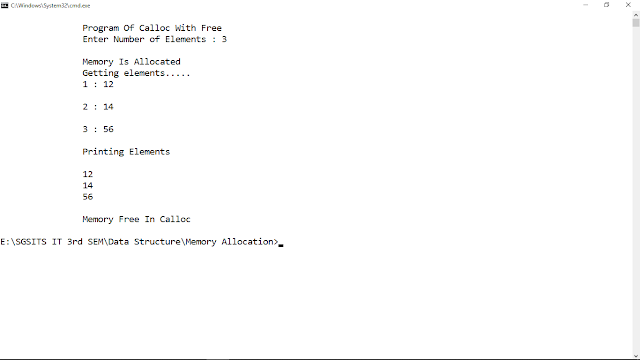File Handling Operation In C Language
CSZONE #include<stdio.h> #include<stdlib.h> #include<string.h> FILE *f; int insert(); int read(); int count(); int main(){ int ch; system("clear"); printf("\n\t\tFile Handling"); printf("\n\t\tMenu"); printf("\n\t\t1.Write "); printf("\n\t\t2.Read"); printf("\n\t\t3 Count "); printf("\n\t\tEnter Your Choice : "); scanf("%d",&ch); switch(ch){ case 1 : insert(); break; case 2 : read(); break; case 3 : count(); break; default: printf("\n\t\tYou Have Entered Wrong Choice.. Try Again..."); exit(0); } return 0; } int insert(){ char ch[500]; f = fopen("File.c","w"); if(f==NULL){ printf("\n\t\tFile Opening Error.

